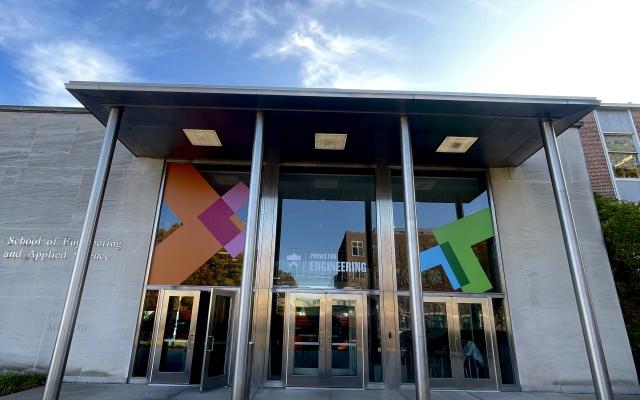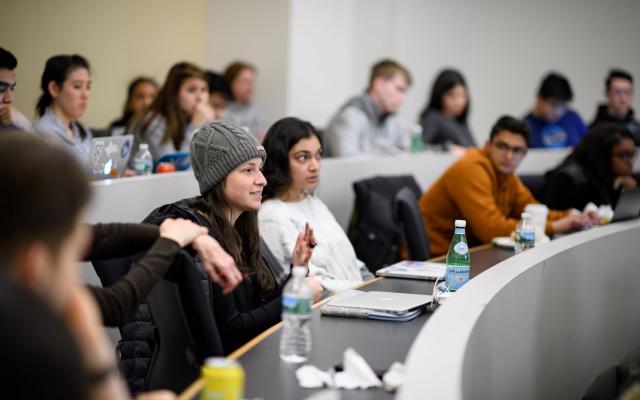
Majora is a real estate developer, urban revitalization strategist, MacArthur Fellow and Peabody Award winning broadcaster. She is responsible for the creation and successful implementation of numerous economic developments, technology, green-infrastructure projects, policies and job training & placement systems. Majora’s practice focuses on talent-retention to reducing Brain Drain in American low-status communities, such as my hometown, the South Bronx. She helps develop vision and strategies to transform low-status communities into thriving mixed-use local economies, to increase wealth building opportunities across demographics left out of historic financial tide changes. Majora is also owner of the Boogie Down Grind Cafe and the event and performance venue, Bronxlandia.
What will students be able to take away from your class?
A better awareness of how unfounded but easily accepted assumptions can inhibit our ability to solve problems.
What are your responsibilities at the Keller Center?
I am a lecturer of ENT200: Creativity, Innovation and Design. I feel that my primary responsibility is to help students understand and move beyond the everyday obstacles that get in the way of creative responses to problem solving in work as well as in the rest of their lives.
What do you appreciate most about the Keller Center?
Extremely supportive staff across the board - very generous community of professionals at all levels. As a new professor, Chris MacPherson, Jessica Leung, Derek Lidow and Elaine Caron were especially magical!
Share an inspiring story about your time at the Keller Center.
Several students shared not only that they were not creative and because they were not born with "the creativity gene" they were destined to continue on the non-creative path they were on. Watching those same students move beyond their self-imposed boundaries, apply practices they learned in class and utilize talents and connections they were not previously aware of was easily the most inspiring part of my semester.
Low-status neighborhoods in the US are often stuck between stagnating assistance from the government and gentrification at the hands of real estate developers. The result is that the brightest minds are convinced that "success" means leaving town. Urban revitalizer Majora Carter has a solution: What if we treated these communities like struggling companies? She presents a restorative economic approach to capitalism, which seeks to retain talent, build resilient communities and prove that you don't have to move out of your neighborhood to live in a better one.



